Organic gardening focuses on cultivating plants using natural processes, avoiding synthetic chemicals. Here’s a guide to help you understand the basic principles of organic gardening and how to implement them in your garden.
1. Soil Health
Healthy soil is the foundation of organic gardening. Enrich your soil with organic matter such as compost, manure, or leaf mold. These materials improve soil structure, provide essential nutrients, and support beneficial microorganisms.
2. Composting
Composting is a key practice in organic gardening. It recycles kitchen scraps and garden waste into nutrient-rich compost, which can be used to improve soil health. Create a compost bin or pile, and regularly turn it to speed up the decomposition process.
3. Natural Fertilizers
Use natural fertilizers like compost, worm castings, and fish emulsion to provide nutrients to your plants. These organic fertilizers release nutrients slowly, improving soil fertility over time and promoting healthy plant growth.
4. Mulching
Apply mulch to your garden beds to retain soil moisture, suppress weeds, and regulate soil temperature. Organic mulches such as straw, wood chips, and leaves gradually break down, adding organic matter to the soil.
5. Crop Rotation
Rotate your crops annually to prevent soil depletion and reduce the risk of pests and diseases. Different plants have varying nutrient needs and attract different pests, so rotating them helps maintain soil health and diversity.
6. Companion Planting
Companion planting involves growing different plants together to benefit each other. Some plants repel pests, while others attract beneficial insects. For example, planting marigolds alongside tomatoes can deter nematodes and attract pollinators.
7. Water Conservation
Conserve water by using efficient irrigation methods such as drip irrigation or soaker hoses. Water your garden in the early morning or late evening to reduce evaporation and ensure plants absorb the moisture effectively.
8. Natural Pest Control
Encourage beneficial insects like ladybugs, bees, and butterflies to control pests naturally. Use organic pest control methods such as neem oil, insecticidal soap, and homemade remedies to manage pest populations without harming the environment.



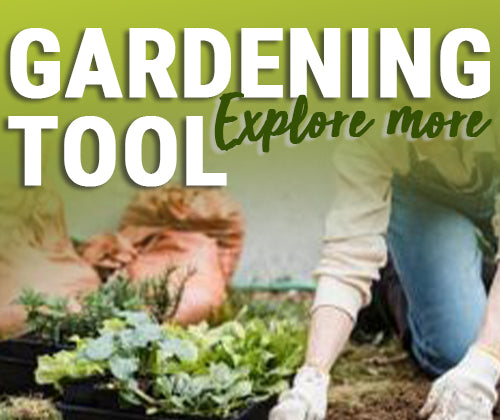















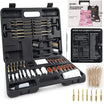
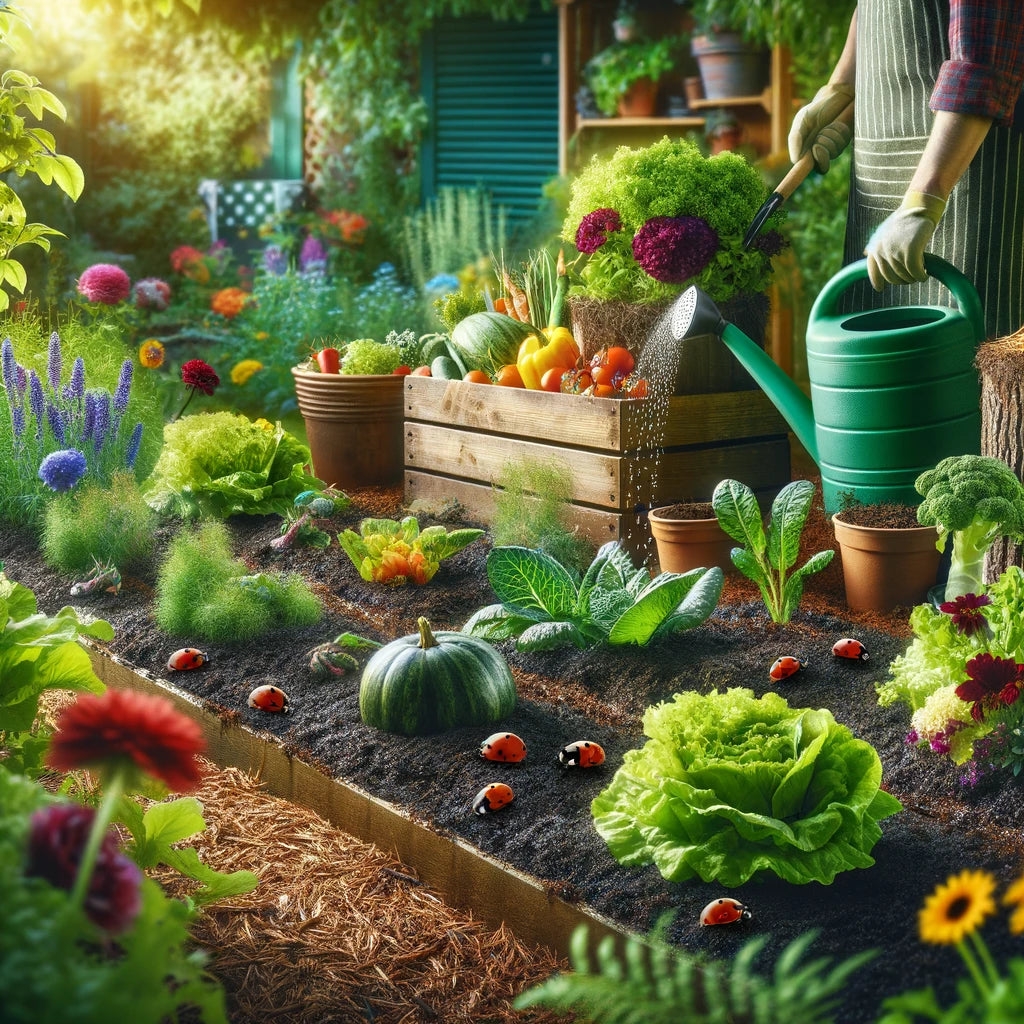
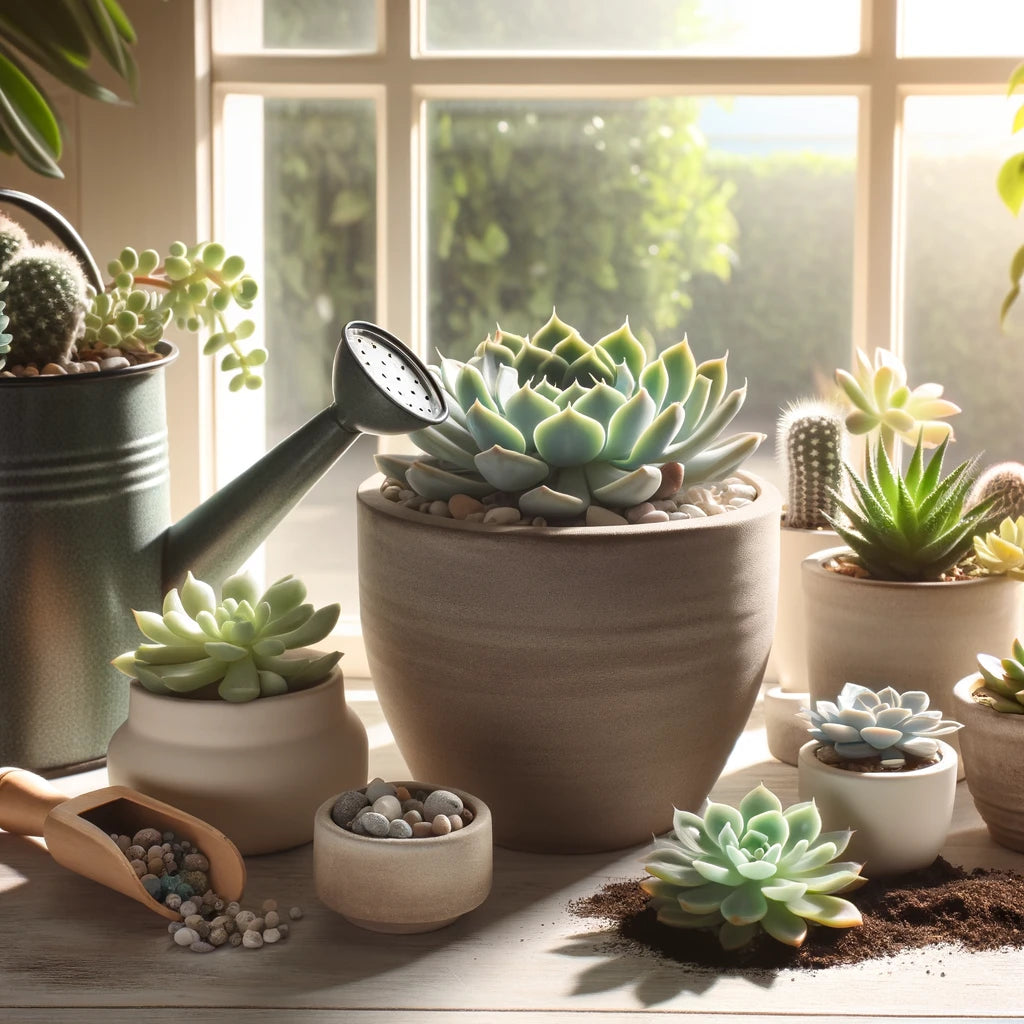
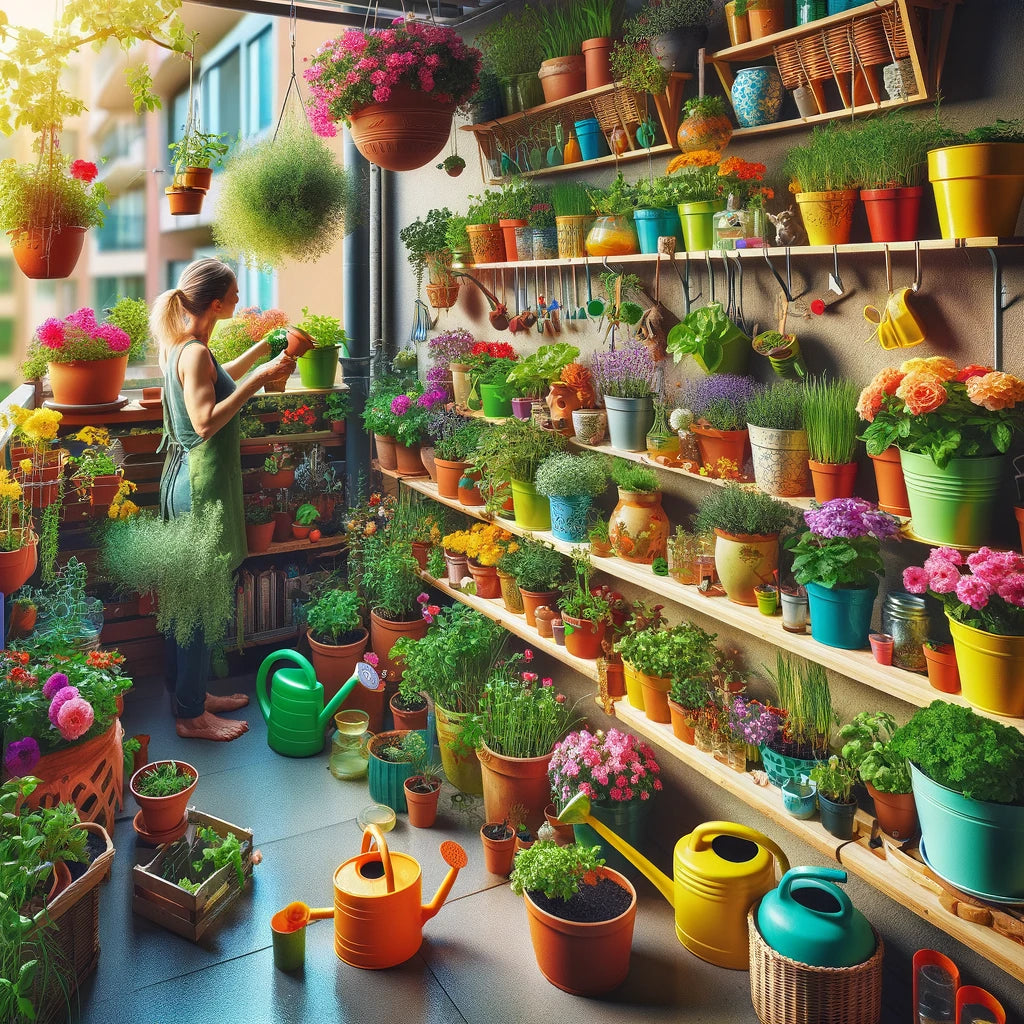
Leave a comment
All comments are moderated before being published.
This site is protected by hCaptcha and the hCaptcha Privacy Policy and Terms of Service apply.